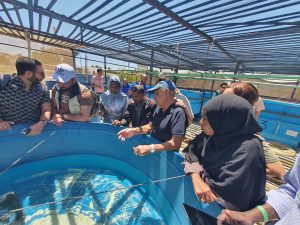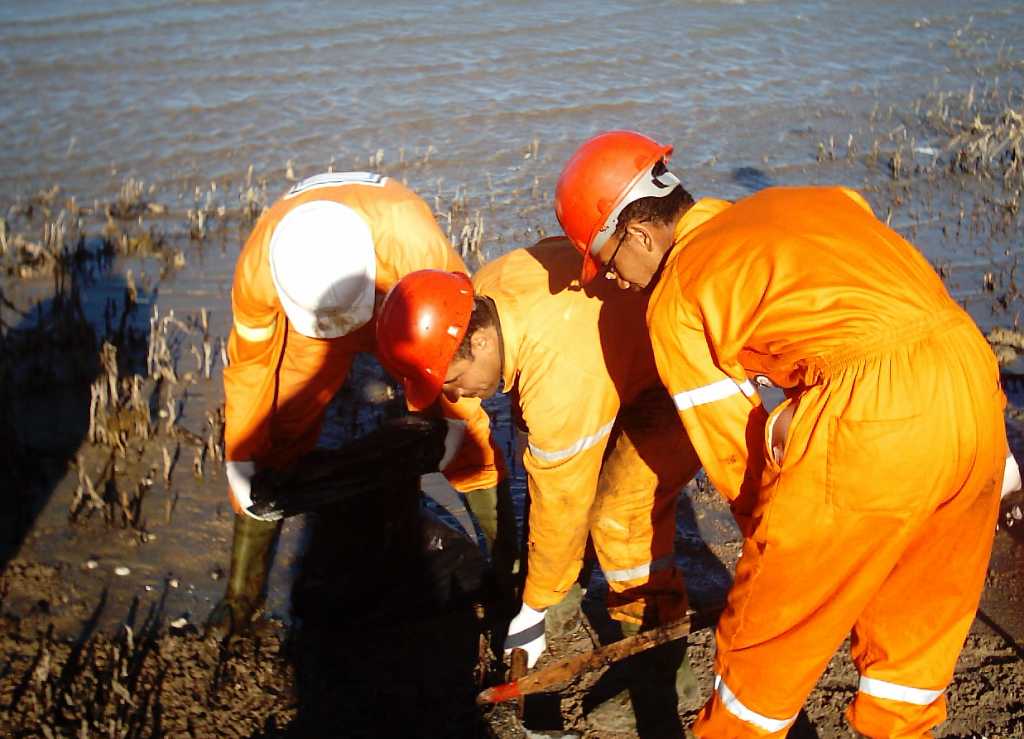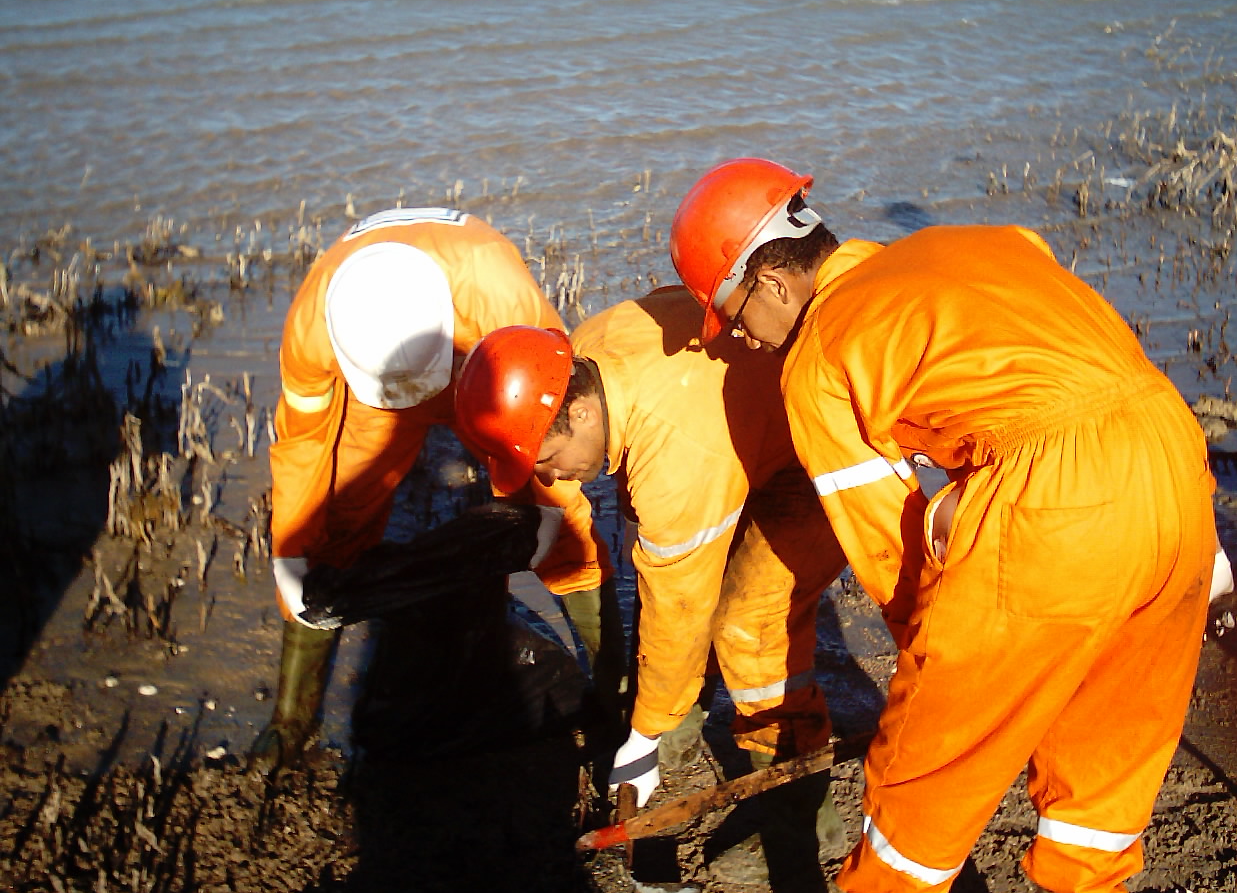Program overview & vision

The Red Sea and Gulf of Aden form part of the major east-west shipping route passing through the Suez Canal, which carries around 7% of global seaborne trade. The Region, therefore, dangerously faces a constant threat from oil spills and maritime accidents. In response to this, PERSGA designed its Navigation and Maritime Program to increase the safety of international shipping in the RSGA Region and to introduce measures to reduce impacts from marine pollution. More specifically, the Program focuses its efforts on the following:
• Adoption of relevant international, regional and national legislation and policies
• Completion of hydro-graphical surveys and review of routeing measures
• Development of navigation aids, traffic and safety systems
• Ballast water measures
• Port State control procedures
• Oil Spill Contingency Planning and Accident Response mechanisms
• Establishment and strengthening of the Marine Emergency Mutual Aid Center (EMARSGA)
The program also includes the implementation of several activities in collaboration with International Agencies such as the International Maritime Organization (IMO), the United Kingdom Hydro-graphic Office, The Atomic International Energy Agency (IAEA), the United Nations Environment Programme (UN Environment), the United Nations Industrial Development Organization (UNIDO) and others. It also relies on its newly-established Emergency Mutual Aid Center in the Red Sea and Gulf of Aden (EMARSGA) in Egypt, which acts as a Regional resource to coordinate pollution prevention and control mechanisms among PERSGA Member States, foster collaboration, and assist States in strengthening national capacity.
Program objectives

1
Reductions and prevention of pollution generated by ships
2
Assisting PERSGA countries to enhancing full and consistent implementation of IMO environment-related conventions
3
Promote effective Port state control of all sources of marine pollution, and in particular ships-sources, and to take all necessary means and measures, practical steps to prevent any marine pollution as envisaged in the article IV of Jeddah Convention
4
Provide technical support to all PERSGA member states for uniform and effective compliance of internationals relevant instruments
5
Enhancement of marine environment protection for cleaner waters and coasts, and better integrated coastal zone management within the RSGA region PERSGA is continuously pursuing its efforts to enhance implementation and enforcement of all IMO environment-related conventions, by all its member states including the Protocol Concerning the Regional Cooperation in Combating Pollution by Oil and other Harmful Substances in Cases of Emergency (1982).
Program Outputs
- Better communication and information system and more efficient network for avoidance of maritime accidents and response in the case of unavoidable accidents occur
- Better understanding at the regional level of the legal and administrative aspects concerning ballast water
- More effective involvement of PERSGA EMARSGA in dealing with environmental problems in the region and better integration of the Center in PERSGA’s skeleton.
- The status of Special Area of the Red Sea and Gulf of Aden getting effect being properly handled
- Regional guidelines for response to oil and other hazardous chemical spills drafted
Gallery
Latest News
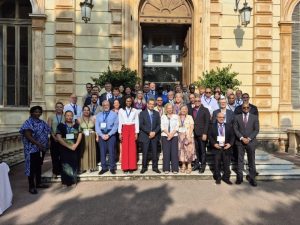
Participation of the Secretary-General of the PERSGA in the Twenty-Fourth …
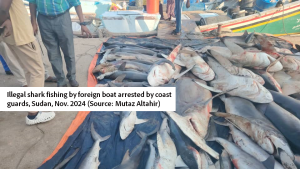
National Consultative Committee to discuss “the National plan of Action …
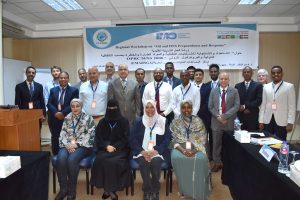
PERSGA and IMO Strengthen Regional Preparedness for Oil and HNS …
